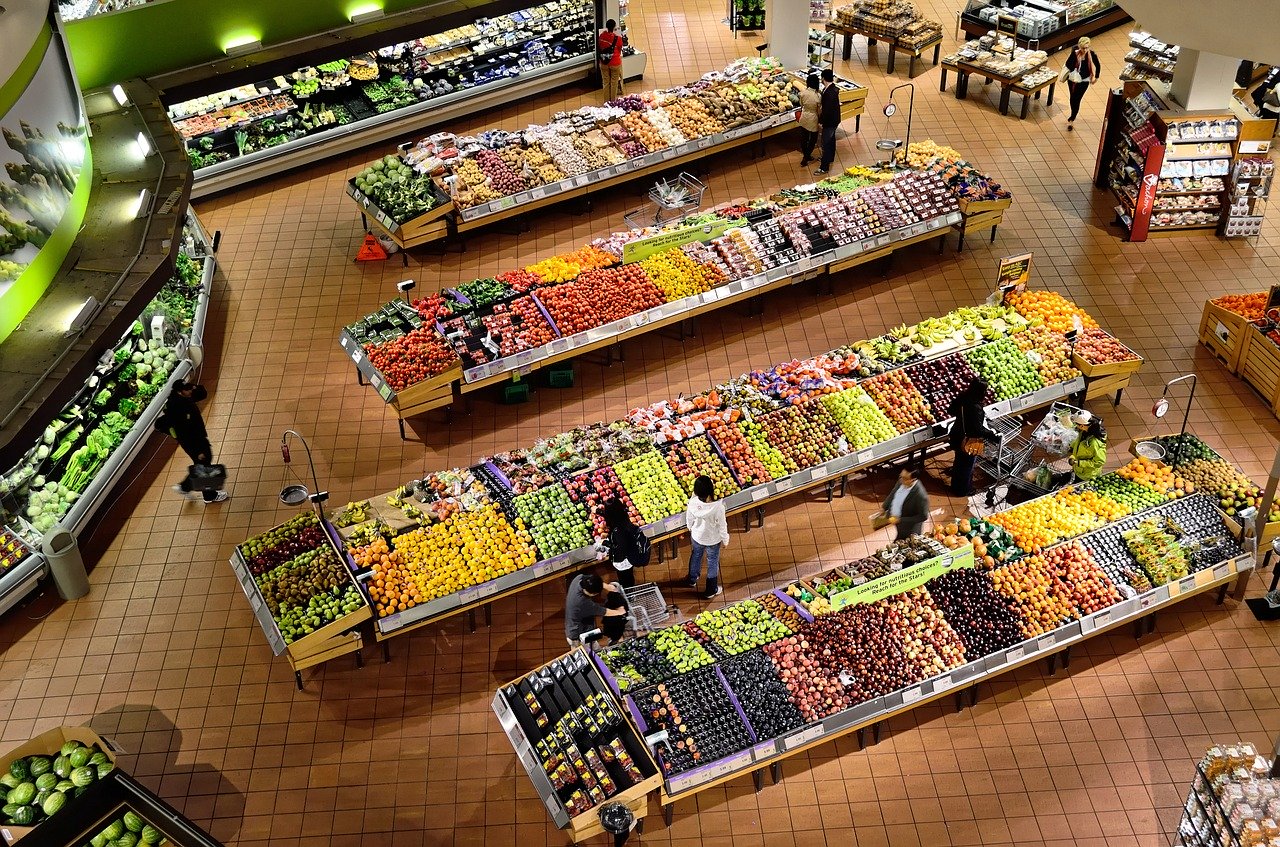
News
Policy
Business
Farming, processing associations protest extra fees imposed by large grocery retailers
August 6, 2020 By Fruit and Vegetable

Several farming and processing associations issued a joint statement against the potential of additional fees introduced by large grocery retailers on their suppliers. The statement argues that the increase is occurring at a time when farmers and food and beverage processors are already facing a complex web of arbitrary fees and penalties in their relationships with large grocery retailers, in addition to managing the on-going impact of COVID-19 on Canada’s food system.
Days after Walmart Canada introduced a controversial plan to charge suppliers more fees to help pay for an infrastructure upgrade, the Financial Post reported that a major network of Canadian grocers is asking suppliers for equal treatment too. The report states that United Grocers Inc., a national buying group that negotiates supply deals on behalf of Metro Inc., Save-on-Foods, Longo’s, Alimentation Couche-Tard Inc., and other retailers, told suppliers in a letter at the end of July that it will “expect to receive any cost reduction you may decide to offer any competitors.”
Seven farming and processing associations: The Canadian Federation of Agriculture, Canadian Horticulture Council, Canadian Beverage Association, Baking Association of Canada, Food and Beverage Canada, Food and Consumer Products of Canada, and Dairy Processors Association of Canada, released a joint statement in response. The statement argues that the “arbitrary fees” will cost Canadian consumers and impact Canada’s food security.
“Arbitrary fees and penalties imposed by large grocery retailers on Canadian farmers and food and beverage processors negatively impact Canadian consumers as it results in lower investments and product innovation. Requiring food and beverage suppliers to cover the cost of investments in retail stores will come at the expense of the farmers’ and processors’ own investments in their Canadian facilities. What’s more, it will also reduce revenues for Canadian farmers. There is no scenario under which these arbitrary fees and penalties will benefit Canadians. On the contrary, they will ultimately impact Canada’s food security, as small and mid-sized farms and food processors already struggle to continue participating in this retail environment.
An ever more concentrated and powerful retail sector versus a food production and processing sector that is being weakened to unsustainable levels was precisely what led the U.K. Government in 2009 to intervene and legislate against inappropriate practices through the introduction of a ‘Groceries Supply Code of Practice’.
This is an issue of strategic importance for Canada’s food security. We therefore call on the federal and provincial governments to implement a code of practice in Canada to check this arbitrary conduct from large grocery retailers, review all current fees, penalties, and after sale deductions, and to protect Canada’s agri-food sectors. Governments must heed the lessons of the successful U.K. experience in rebalancing competitive forces in the food sector. In the words of the U.K. Competition Commission 2008 final report on supplies of groceries: ‘…we found that the transfer of excessive risk and unexpected costs by grocery retailers to their suppliers through various supply chain practices if unchecked will have an adverse effect on investment and innovation in the supply chain, and ultimately on consumers.'”
United Grocers Inc. (UGI) president Michael Forgione told the Financial Post that UGI won’t implement Walmart-style fees, but wasn’t precise about how his organization will get the same cost reductions from suppliers.
Print this page